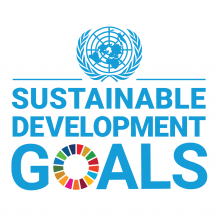Introduction to Air Quality Management

This Air Quality Management series of courses has been created for development professionals, government officials and other partners who want to learn about the fundamentals of air quality management planning.
Air pollution has become a major challenge to global health with the latest estimates from the Global Burden of Disease project suggesting that in 2015, nearly six and one-half million people died prematurely either from air pollution in their outdoor environment or from air pollution associated with the use of solid biofuels for cooking and heating in homes. Unfortunately, most of these deaths are now occurring in the developing world. Successful air quality management programs can reduce emissions that lead to air pollution while simultaneously providing other development benefits that accrue locally as well as globally. Benefits can include improved public health, energy savings, economic development, agricultural benefits and reduced emissions of greenhouse gases and other short-lived climate pollution.
This introductory course provides the foundation for establishing such a program in your community and that follow-up courses will provide skills and information on how to monitor air pollution and increase public awareness, how to develop emission inventories and track progress, how to assess the benefits of air quality improvement, how to select control strategies that are most effective and finally these courses will share information on the importance of stakeholder engagement and describe regulatory approaches that have been most effective elsewhere.
Source: Open Learning Campus
Offered by: World Bank Group

Add new comment